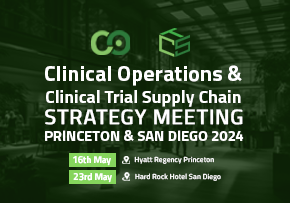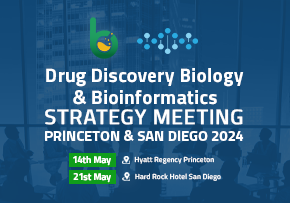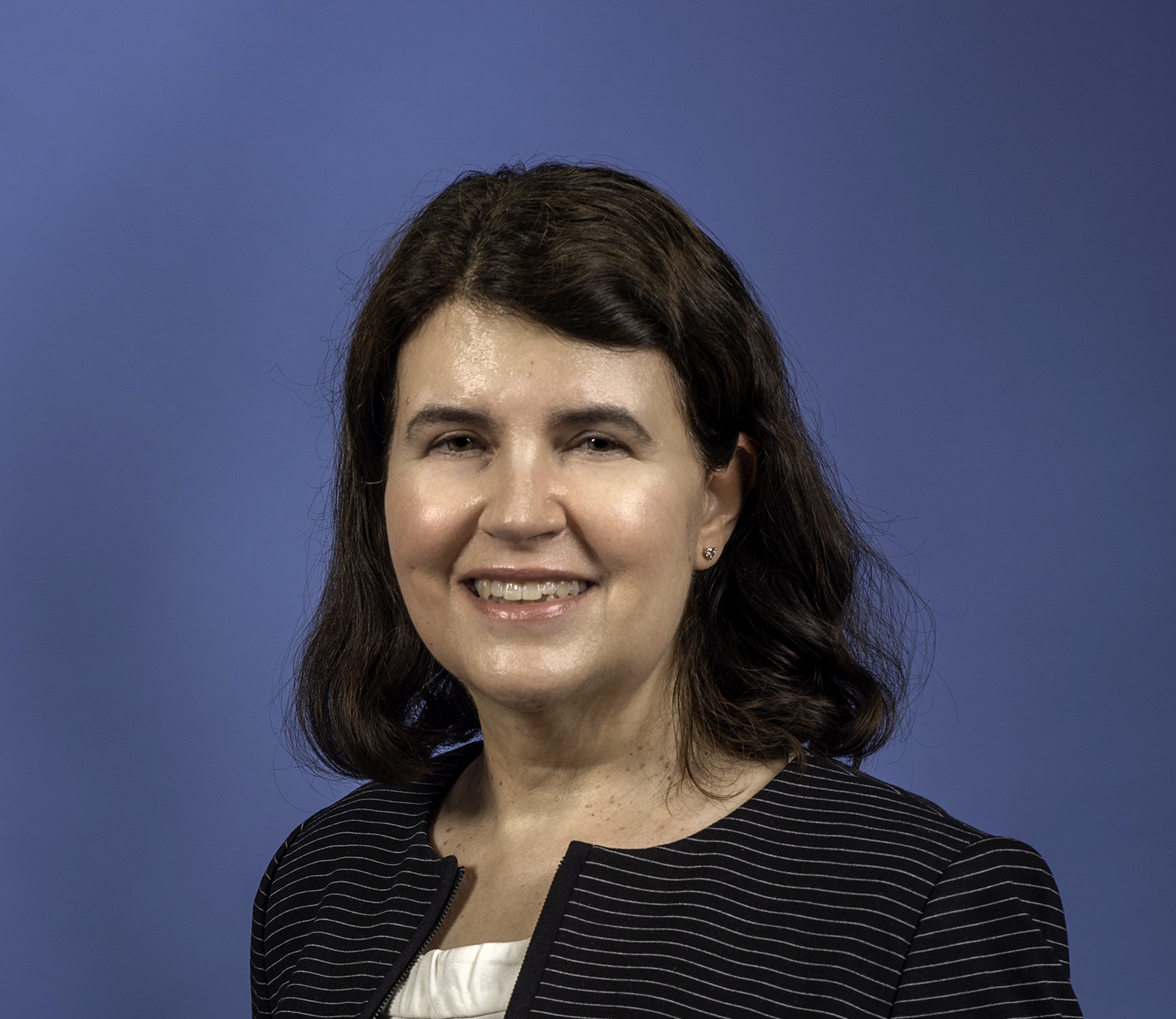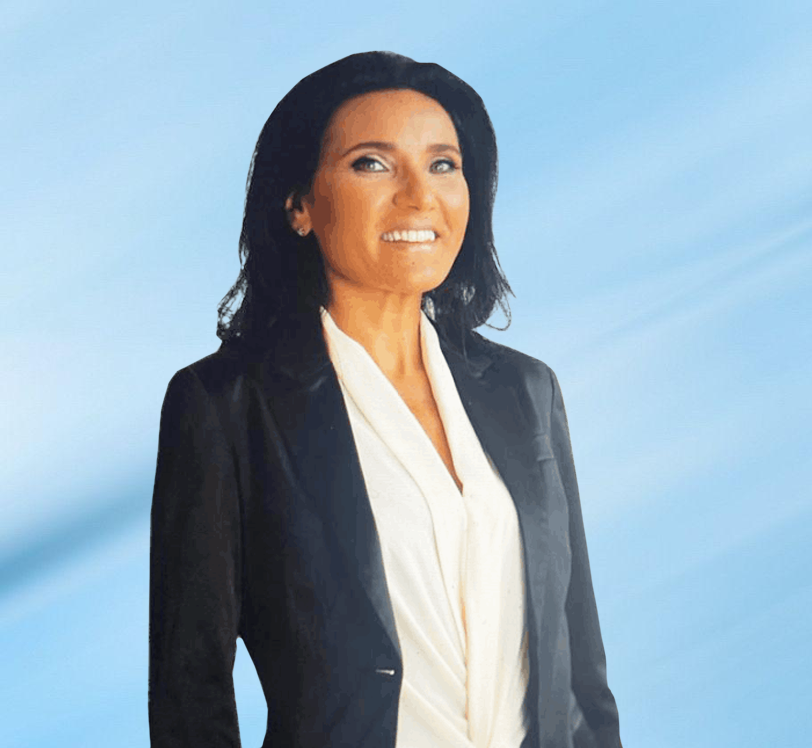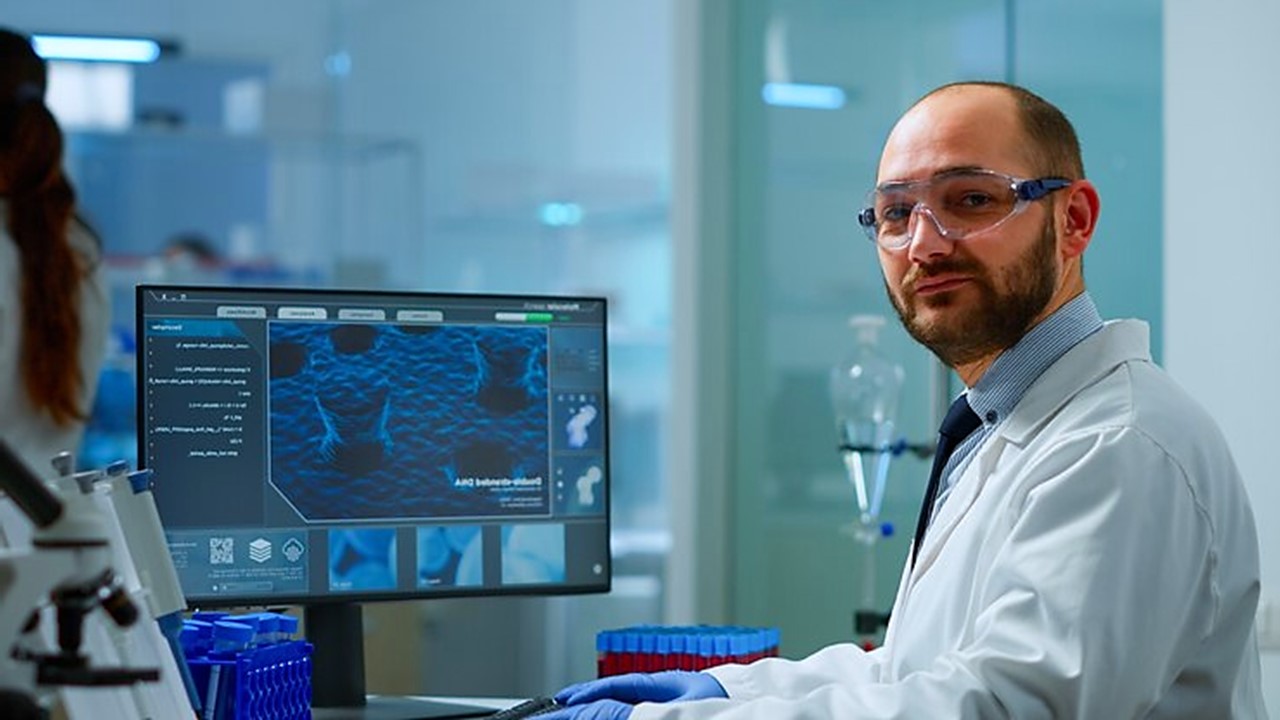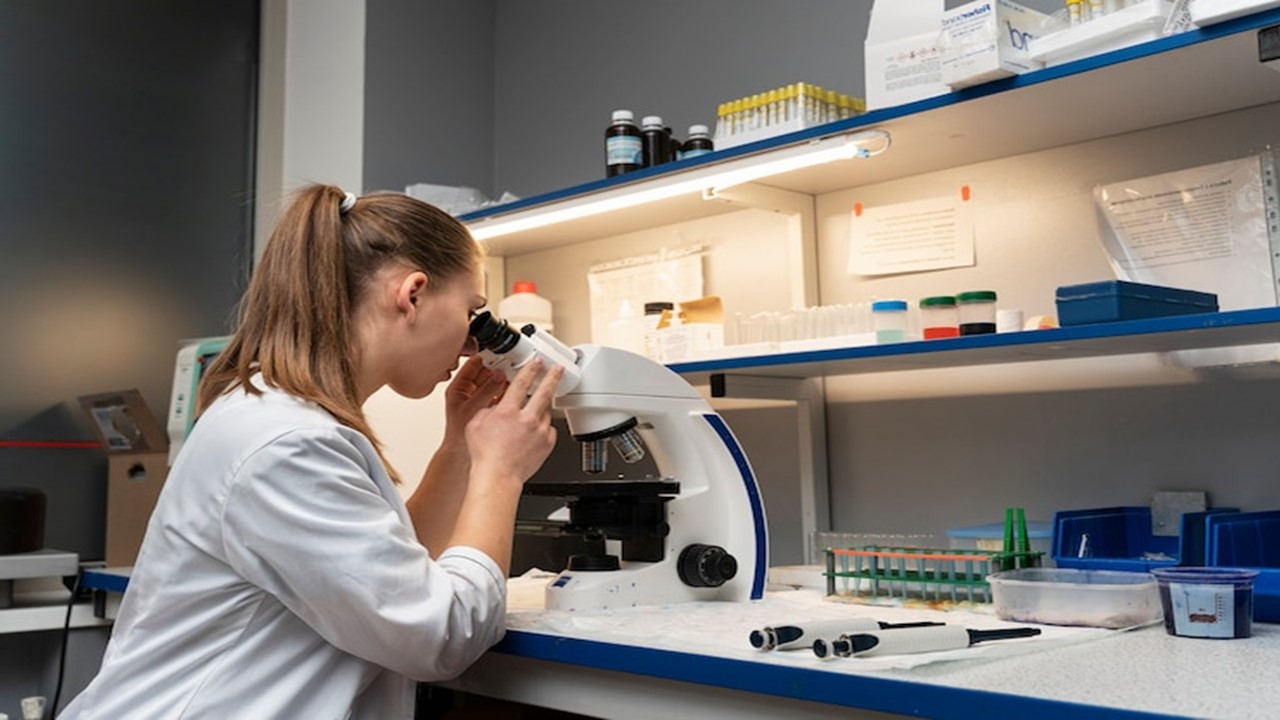Archana Sah is the Senior Vice President and Head of Oncology Solutions at Medable, a leading firm in the space of Decentralized Clinical Trials (DCTs). DCTs have experienced vigorous growth resulting from restrictions imposed early in the COVID-19 pandemic, and many expect they are here to stay. We explored their applicability to problems posed by investigations in oncology in our conversation with Archana Sah below.
PF: It’s such a pleasure to have you here with us today, Ms Archana Sah. You have a rather long, impressive background in clinical operations – what would you say drove you towards this field, and what brought you to Medable?
AS: It’s a pleasure to be here. Early in my career I was exposed to clinical development and operations roles and found a passion to impact patient’s lives through my work in the pharma and biotech sectors. This drove me to focus on oncology, where I was able to help bring twelve drugs to approval and impact millions of lives. Additionally, through my involvement in small-medium enterprises in the field, I have also been invited to hold industry leadership roles as board chair and advisor to professional organizations in the industry. The opportunity to leverage this historic moment of advancements in digital technology to accelerate cancer drug development brought me to Medable, which is a leader in the Decentralized Clinical Trial (DCT) space where I lead our oncology therapeutic area solutions.
PF: One of the leading phenomena in clinical operations, particularly in light of the pandemic, has been the increasing adoption of virtual and decentralized technologies and patient centricity. Do you think this trend will continue, after being given a jumpstart due to the widespread suspension of “traditional” trials in the recent past?
AS: The pandemic has been a catalyst for changing the entire ecosystem of clinical trial conduct. There is a strong desire among all players to not revert to the old inefficient burdensome way of working. Instead, we see a drive to adopt new technologies to achieve accelerated drug development, with the patient at the center of the clinical research model. The pandemic also brought out the stark realities regarding the lack of representation in clinical trial participation which I believe DCT solutions help ameliorate. This is crucial, as we need to develop medicines for all patients rather than the demographic traditional trials can most easily reach. The compelling business case speaks for itself, as shown in the recent investigation by the Tufts Center for the Study of Drug Development in January 2022 which showed, on average, the increased financial returns to drug sponsors from shorter development times, lower clinical trial screen failure rates, and fewer clinical trial protocol amendments associated with DCTs substantially exceeded the costs of investing in DCT technologies (up to 5 times for phase II and 13 times for phase III studies.
PF: There is a pervasive myth in the industry about how “DCTs do not work in Oncology Clinical research due to its complexity”. How do you feel about this? Considering oncology offers unique opportunities for the implementation of both DCT and real world evidence (RWE). How should this preconception be dispelled – an especially important consideration, given how oncology is one of the leading therapeutic areas for pharma?
AS: I am particularly passionate about dispelling this myth. I would say, due to the high patient and caregiver burden along with high site burden due to the complexity of oncology protocols, technology solutions, when deployed correctly in a fit for purpose optimized approach, are the perfect solutions to address these challenges. Deploying decentralized tech solutions in oncology will primarily be with a hybrid implementation where some visits are carried out at the trial site, while other visits are conducted at a community clinic or pharmacy close to patient homes, at the patient’s home or via a Televisit. Hence, a key factor of the patient-investigator-site relationship is maintained, while reducing the travel burden for each visit. At Medable, we have deployed these solutions in several oncology trials at 3000 sites across 60 countries and in over 60 languages. Oncology trials typically have long term follow ups for survival and safety monitoring ranging from 5 to 15 years and this leads to patient drop out and implications on cost, time and loss of critical endpoint data. Combining decentralized trial platform solutions with Real World Data (RWD) can relieve patients and sites of the burden of clinic visits and manual data collection while capturing quality endpoint evidence at a fraction of the costs of traditional trials. This long-term RWD capture can also yield actionable data insights for commercial differentiation.
PF: The increasing complexity, as well as the sheer volume, of the clinical data generated for innovative oncological treatments frequently requires novel interpretative analysis and data handling. Many hope to see new technologies, such as AI and machine learning, implemented to speed up innovation in this space. Do you foresee such technologies having a significant impact in this regard?
AS: With advances in Precision Oncology, we can expect the convergence and analysis (using AI and ML) of vast amounts of patient data, including data from trials, claims, clinical labs, electronic health records and genetic testing. This cornucopia of data points, contained into a digital health record, will broaden the use of synthetic control arms in randomized controlled trials, enrich patient-reported outcomes, and advance the practice of precision medicine. All this data is fragmented and siloed. This is a challenge that needs to be solved to facilitate data exchange, the convergence of RWD and enable interoperability and standardization. Building a consensus on this will enable the production of high quality data that can be submitted to regulatory authorities. Looking at the use of synthetic control arms and RWD in regulatory submissions over the last five years shows just 10 submissions – all of which were in oncology. Only one was a successful submission, while the rest failed due to incomplete data.
PF: How have advances in precision oncology helped advance cancer care or cancer trials?
AS: Biomarker testing, which is now often the standard of care for patients diagnosed with cancer, can be used by physicians to assess cancer risk, diagnose a particular cancer, select treatment, and assess treatment response. We are seeing the industry move into a precision approach of cancer drug development via biomarkers and genomic targeted sub populations. Tumor sequencing is becoming standard clinical practice; liquid biopsies are available to sample circulating tumor DNA (ctDNA); tumor classification is molecular-based, and tumor-agnostic biomarker strategies are also being used to manage patients; and clinical trials in oncology using sequencing at both enrollment and follow-up. The Program for Accelerated Cancer Therapies (PACT) is an example of a multidisciplinary collaboration with NIH, NCI, and biopharma that aims to support the development of standardized biomarkers for immuno-profiling and exploratory biomarkers of high relevance to patient care. Such collaborations help move precision medicine and oncology forward by linking clinical retrospective and prospective cancer proteogenomic data with longitudinal clinical outcomes. These developments enable the utilization of treatments that are appropriately matched to patients – and the tumors they carry, while enabling us to use more complex biomarkers to predict treatments, as well as monitor the progression of cancer.
PF: Regulatory frameworks have made great strides to accommodate the increasing adoption of decentralized technologies and RWE during the pandemic. However, as technology evolves, regulators will need to keep making efforts to keep up. What is the current regulatory guidance on use of DCTs in Oncology?
AS: The COVID-19 pandemic brought about major changes in cancer clinical trials and an opportunity to incorporate some of these changes as part of the future of trial conduct to make it more patient centered. This oncology clinical trial transformation is supported via regulatory authorities (e.g. FDA, EMA, Japanese & Danish agencies) as well as professional associations (ASCO, CTTI, Transcelerate, NCI) recommendations. A Cancer Discovery publication in August 2021 provided a post COVID road map with recommendations like making eConsents permanent, adding ePROs and Telehealth routine, increase use of community based network sites as opposed to clinical trial sites only, use of direct to patient home delivery of oral drugs and concomitant medications and reporting via digital tools and use of decentralized trials to make them accessible to underserved and rural populations and allowing use of any labs/imaging center that meets specifications. Dr. Pazdur, head of FDA Oncology Center of Excellence has advocated use of ePROs for real time monitoring of safety and tolerability (AEs) right from Phase I through Phase IV trials. The DEPICT Act introduced in February 2022 which is a new US regulation aimed at boosting diversity in clinical trials requires IND applicants(from filing through all major milestones stages of drug development) to report clinical trial enrollment targets by demographic subgroup, provide a Diversity Action Plan detailing the actions the sponsor will take and empowers the FDA to require Phase IV studies when sponsors fail to meet diversity enrollment targets. As you can see from these examples, there is very strong regulatory support of DCTs in Oncology.
PF: Medable’s vision is to open research to the world by using a decentralized clinical trial platform to help get effective therapies to patients faster. Medable has also recently launched its own partner network to simplify the deployment of Decentralized Clinical Trial (DCT) technology and harmonize research efforts.
AS: Medable, led by our trailblazing CEO Michelle who founded the company with this bold vision is leading the DCT field and we are very excited about the Medable Partner Network which accelerates the development and delivery of health solutions. We bring together patients, sites, researchers, and partners that share our relentless passion for bringing effective therapeutics to market faster. Our ecosystem of partners across direct-to-patient (DtP), data and technology services, clinical trial sites and service providers activate the full breadth of end to end drug development innovation.
PF: What other impacts do you hope to have on the industry especially in context of the vision for DCTs in Oncology strategy and operations?
AS: It is my goal to continue making impacts in bringing oncology trials accessible to all patients globally as I believe in democratization of equitable cancer care through these Oncology Solutions. Additionally, through these solutions, help modernize oncology clinical trials and accelerate oncology drug development as the patients are waiting for these life saving therapies. I also want to continue my engagement with professional organizations to bring broader collaborations amongst all stakeholders, shape industry standards and promote sharing of best practices across the entire clinical trial ecosystem.
Join Proventa International’s Oncology Strategy Meeting in Boston this November to hear more on the expansion and growth of Decentralized Clinical Trials from leading experts in the field!
Subscribe
to get our
LATEST NEWS
Related Posts

Interviews
Innovating the Canadian Biotech Sector with Joseph Mancini, adMare BioInnovations
With a wealth of globally-competitive scientific discovery, Canada is primed to lead the life sciences world. adMare is here to make that a reality!
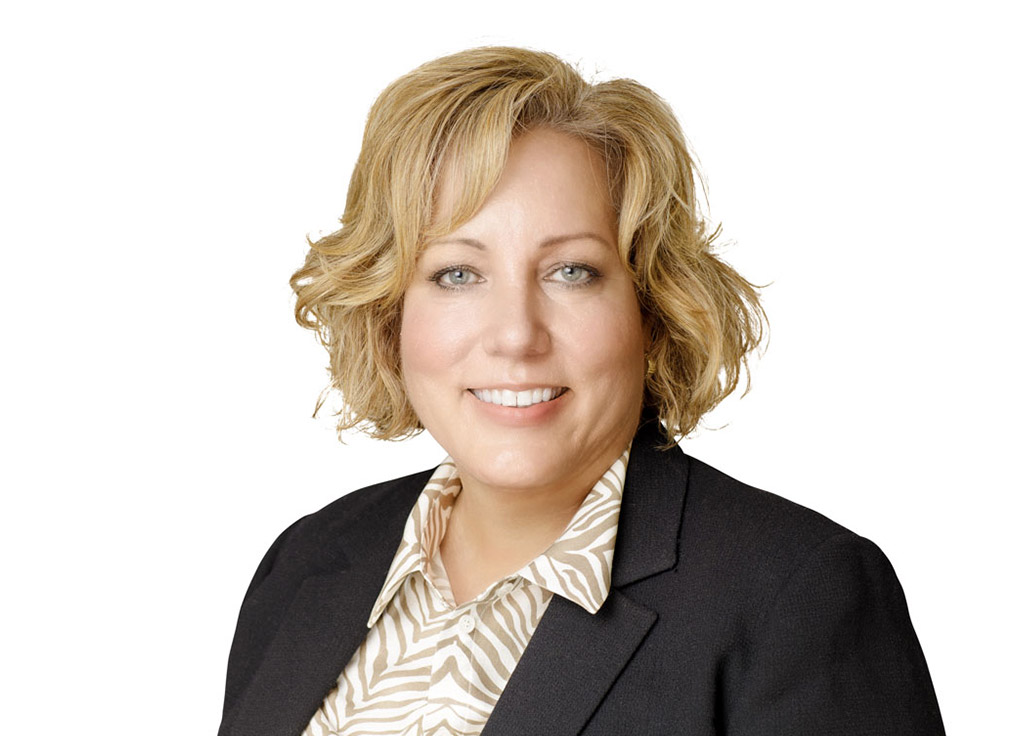
Interviews
Leveraging Technology to Accelerate Trial Recruitment with Colleen Hoke, ObjectiveHealth
Utilizing proprietary technology, processes and trained on-site personnel, ObjectiveHealth delivers significant advances in the conduct of clinical research.
Read More Articles
Synthetic Chemistry’s Potential in Deciphering Antimicrobial Peptides
The saga of antimicrobial peptides unfolds as a testament to scientific ingenuity and therapeutic resilience.

